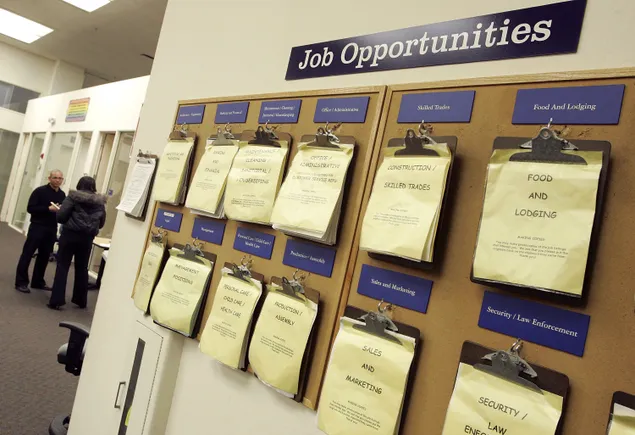Dive Brief:
- A legal services nonprofit cannot challenge the U.S. Equal Employment Opportunity’s handling of gender identity discrimination allegations because the agency’s enforcement of federal laws is a core executive function generally insulated from judicial review, EEOC claimed in an Oct. 15 court filing.
- The agency faces a lawsuit filed by FreeState Justice, a Maryland legal services nonprofit, that alleged EEOC unlawfully “abdicated” its statutory and constitutional obligations to protect transgender workers from discrimination. But permitting the case to move forward would turn the district court into an “overseer that micromanages the Commission’s enforcement process,” violating the constitution’s separation of powers as well as Title VII of the 1964 Civil Rights Act, EEOC said.
- EEOC also claimed that the plaintiffs’ asserted injuries could not confer standing to sue and that the agency’s alleged “Trans Exclusion Policy” is neither a discrete nor final action under the Administrative Procedure Act, contrary to the plaintiff’s claims. The commission asked the U.S. District Court for the District of Maryland to dismiss the complaint.
Dive Insight:
EEOC’s filing reveals how the agency will defend its decision to withdraw from lawsuits it had previously filed on behalf of transgender plaintiffs. The withdrawals followed President Donald Trump’s Jan. 20 executive order directing federal agencies to combat what it called “gender ideology extremism,” which EEOC cited as being potentially inconsistent with continued litigation of the affected lawsuits.
While advocacy groups filed to intervene in lieu of EEOC to represent the plaintiffs in some of the abandoned cases, FreeState Justice’s lawsuit targeted several alleged declined enforcement reversals beyond the individual discrimination case withdrawals. These included the agency’s reported halting of LGBTQ+ discrimination charge processing and its decision to pull funding of transgender discrimination investigations for which it contracted with state and local civil rights agencies.
Among its arguments to dismiss, EEOC said that the private right of action afforded by Title VII allows FreeState’s clients to sue their employer directly and precludes review of the agency’s enforcement decisions under the APA. The agency also argued that review is unavailable because the charges and litigation that EEOC chooses to pursue are at its own discretion.
EEOC gradually began to reel back its LGBTQ+ enforcement activities following Trump’s appointment of Andrea Lucas as acting chair in January. One of Lucas’ first actions in this regard was to signal her intent to roll back gender identity antidiscrimination work that EEOC undertook during the Biden administration.
At the time, Lucas noted that EEOC lacked a quorum and could not take steps such as rescinding its Biden-era workplace harassment guidance, which included examples of harassment such as “outing” individuals, misgendering and denying employees access to bathrooms or sex-segregated facilities consistent with their gender identities. However, the agency’s quorum has since been restored following the confirmation of Commissioner Brittany Panuccio.
During a June congressional hearing, Lucas confirmed that she approved dismissal of EEOC’s ongoing gender identity discrimination cases in consultation with the commission’s career staff but that the agency would continue to accept all charges “regardless of how they are framed.” She declined to confirm reports that EEOC instructed staff to designate such lawsuits at a level typically reserved for meritless charges, however.






















